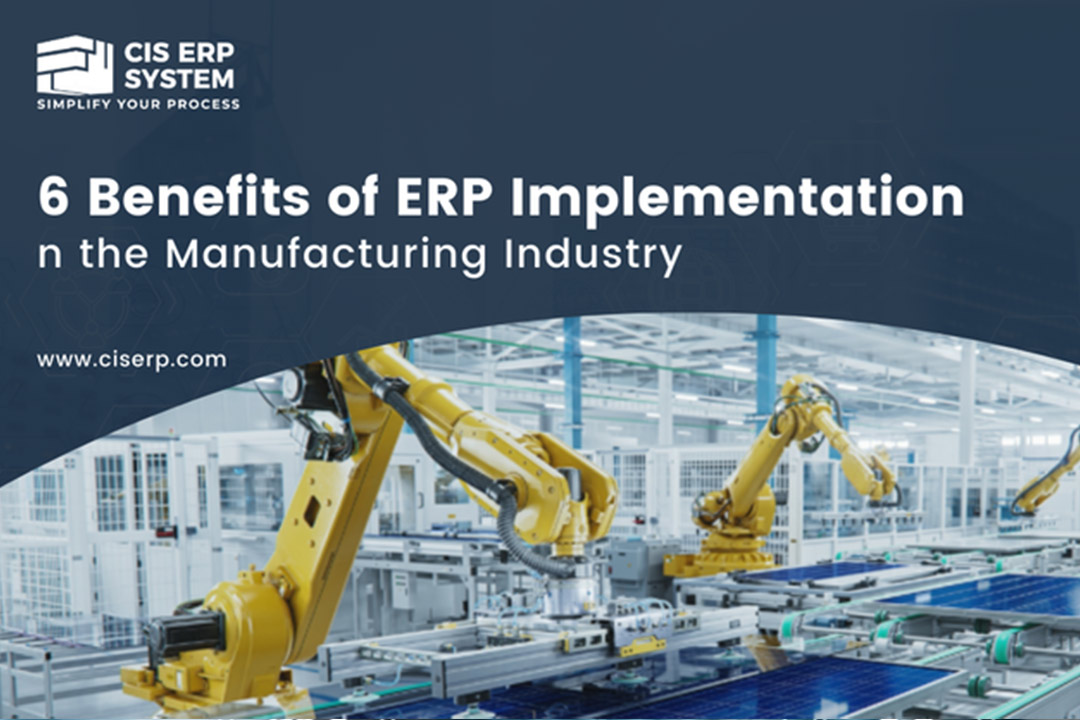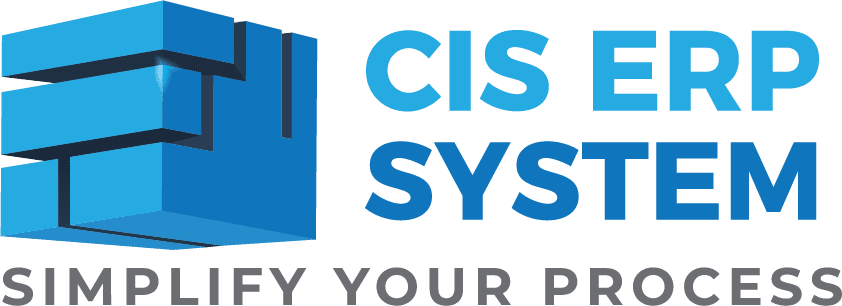
Running a manufacturing business is no easy feat. Managing inventory, coordinating supply chains, and ensuring timely production can feel overwhelming. Errors in any of these areas can lead to costly delays and lost revenue.
That’s where ERP in the manufacturing industry comes in. Enterprise Resource Planning (ERP) systems streamline operations by integrating all business functions into a single platform. This not only improves efficiency but also empowers business owners to make better decisions and reduce costs.
If you’ve been struggling with production bottlenecks, inventory mismanagement, or inefficient workflows, it might be time to explore six advantages that can transform your manufacturing business.
Top 6 Benefits of ERP in Manufacturing Industry
1. Streamlined Operations
With ERP implementation in the manufacturing industry, businesses can bring all their critical processes under one roof. Whether it’s inventory management, order processing, or production scheduling, ERP ensures seamless coordination. This means fewer errors, faster order fulfillment, and improved efficiency.
For example, the system can automatically update inventory levels when raw materials are used, preventing stock shortages. Employees no longer need to rely on manual data entry, reducing the risk of human error.
2. Improved Decision-Making
ERP systems provide real-time data that helps manufacturers make informed choices. Instead of depending on outdated reports, managers can access up-to-the-minute insights on production, sales, and inventory levels.
For example, if a sudden increase in demand occurs, ERP enables quick production planning and scheduling adjustments. This ensures that businesses can meet customer needs without overproducing or underproducing, leading to better resource utilization.
3. Cost Reduction and Efficiency Optimization
One major benefit of ERP implementation in the manufacturing industry is cost savings. By automating processes and reducing waste, it minimizes unnecessary expenses.
For example, ERP tracks material usage, preventing over-purchasing and reducing storage costs. Additionally, automated workflows decrease the need for manual labor, cutting down on payroll expenses. When businesses optimize efficiency, they can produce more with fewer resources, ultimately boosting profitability.
4. Better Quality Control
Sustaining high product quality is essential in the manufacturing industry. ERP systems help manufacturers track product quality from raw materials to finished goods. Quality checks ensure that only defect-free products reach customers.
With ERP, businesses can also store quality control data for compliance purposes. If an issue arises, manufacturers can quickly identify the root cause and take corrective action, preventing costly recalls and protecting their brand reputation.
5. Compliance and Risk Management
Manufacturers often have to adhere to strict industry regulations. Non-compliance can lead to penalties and legal complications. ERP systems assist businesses in maintaining compliance by keeping precise records and ensuring adherence to industry regulations.
For example, ERP software can generate reports required for audits, making it easier to prove regulatory compliance. Additionally, built-in risk management features help businesses identify and address potential issues before they escalate.
6. Scalability and Customization
As manufacturing businesses grow, their processes become more complex. A well-designed ERP system can scale alongside business expansion, supporting additional users, locations, and functionalities.
With system customization, manufacturers can tailor ERP features to meet their specific needs. Either adding new modules for advanced analytics or integrating third-party applications, this system offers flexibility for future growth.
Conclusion
Implementing ERP in the manufacturing industry can take the business to new heights. From streamlining operations and improving decision-making to cutting costs and ensuring compliance, ERP helps manufacturers stay competitive in a fast-paced market.

